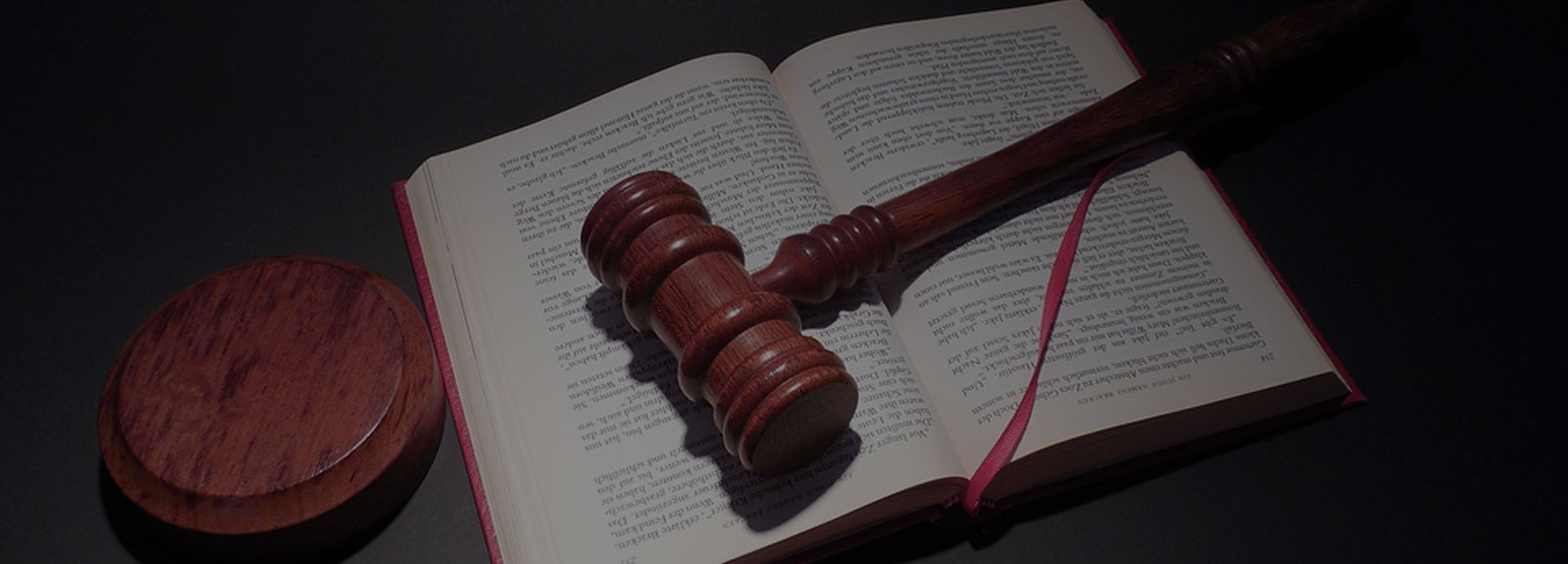If a creditor has received a judgement against you it is important to get some information about how to protect your assets. In Minnesota, once a creditor has obtained a judgement against you they are then allowed to garnish your wages or levy your bank account.
Most of these actions come as a surprise to individuals who wake up with their bank account frozen.
As an asset protection attorney, I have talked to hundreds of clients that have had their wages or bank accounts garnished, and here are a few tips to prevent it from happening to you.

Minnesota Asset Protection
Protecting Assets In Your Bank Accounts
First, once a creditor has a judgement against you make sure you do not use or keep money in your bank account. Bank accounts can be frozen without any notice to you before it happens.
This is very common especially if you bank at one of the major Minnesota Banks (Wells Fargo, TCF, US Bank). In some instances creditors will send out random garnishments to these banks hoping to freeze your money.
The way to avoid having your money frozen is using cash or cash cards. The cash cards can be used like debit cards and reloaded.
You will also need to pay your bills with money orders. This is much less convenient than bank accounts, but could prevent your money from being frozen.
Protecting Your Wages
If you are having your wages garnished the only things that can stop it are paying the bill, filing for bankruptcy, or if you qualify for an exemptions.
The exemptions are based upon two things the first being you have received some assistance in the past six months (food aid, heating assistance, welfare benefits, etc.).
The second is if your income is too low to be garnished. Once a creditor finds out where you work they will begin to garnish your wages.
The only way to prevent this is not giving them your employment information at any point, then they would have to attempt to figure out employment from credit reports. In most cases unless you inform a creditor where you work, they will attempt to guess where you work from information on credit reports.
Your credit reports are not private, and creditors can easily can information from your credit report to collect the past due debt owed to them.
If you pull your credit report for free from www.annualcreditreport.com you will see how many inquiries were made by your creditors, and if you are in active collections.
You will also see all of the collection law firms and agencies that have accessed your credit report.
Legal Documents & Communication
If you receive legal documents from a process server, or in the mail, do not ignore those documents. If you ignore those documents the creditors will take a judgement against you by default (this means you give up your day in court).
The next step after the judgement is obtained is finding your assets. This also can be accomplished by the creditor sending out post judgment discovery.
This is paperwork where you must disclose assets and employment to the creditor. If you do not fill out this paperwork the creditor can set a court hearing and a judge can force you to disclose this information.
If you think you can avoid the hearing, think again. If you do not attend this disclosure hearing the judge will hold you in contempt of court (resulting in a bench warrant).
If you have a bench warrant issued, and you get pulled over for a speeding ticket, they will bring you to jail until you either post bond or fill out the disclosure paperwork.
This can be problematic if it happens on a Friday, and you cannot post bond. You could potentially spend the weekend in jail, because of the bench warrant.
Consult With An Asset Protection Law Firm
The above situations can be avoided by seeking advice from a lawyer before judgements are taken against you.
At least you will have the knowledge of how different debt settlement options could help you prevent wage and bank garnishments.
